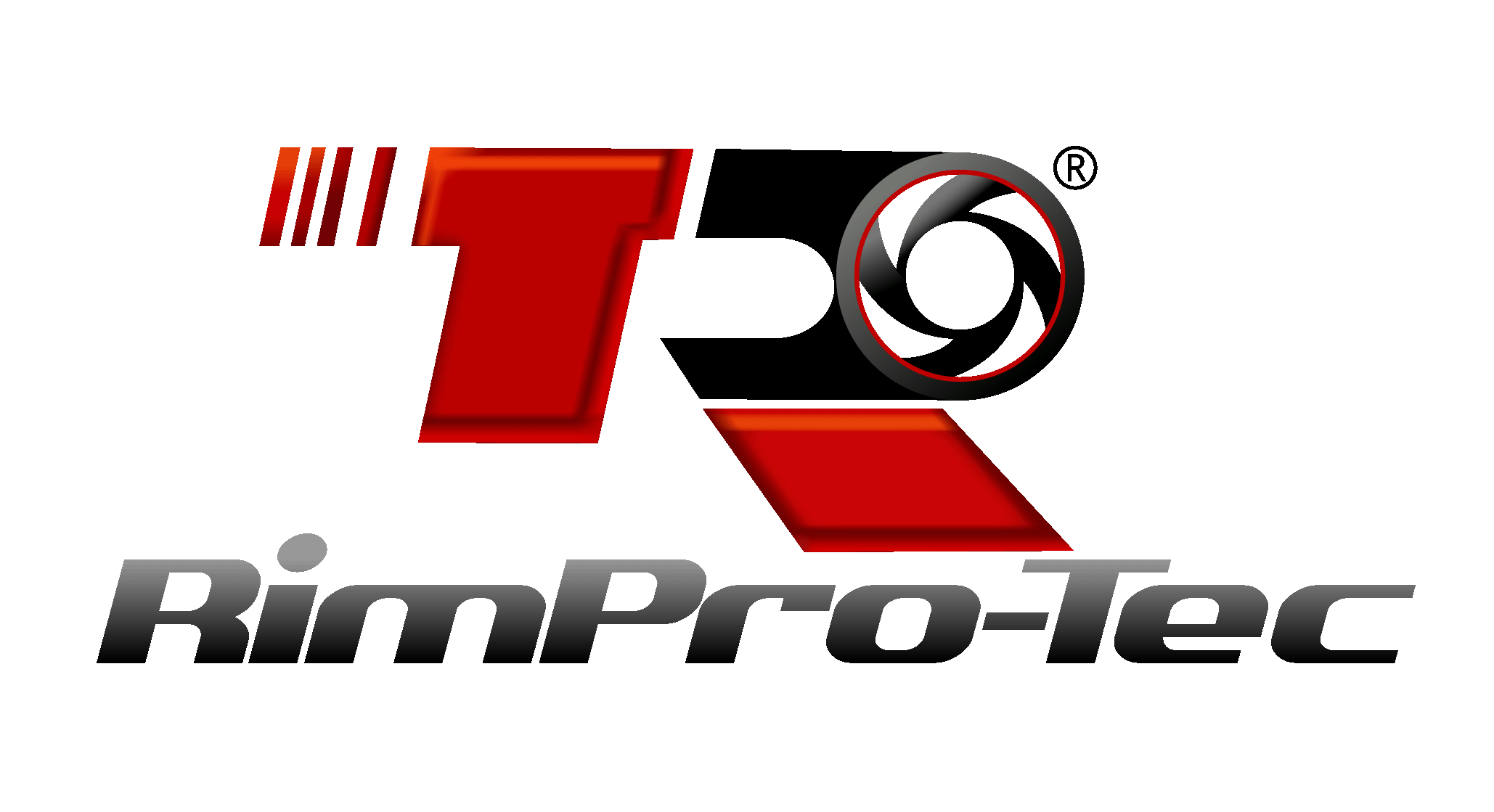
The Importance of Proper Car Maintenance: A Comprehensive Guide
Maintaining your car is vital to ensure its longevity, reliability, and safety. Regular upkeep and proactive care not only enhance the performance and efficiency of your vehicle but also help prevent costly repairs down the line. In this comprehensive guide, we will explore the key aspects of car maintenance and provide valuable tips on how to keep your car in optimal condition. From routine inspections to essential maintenance tasks, following these guidelines will help you maximize the lifespan of your vehicle while ensuring your safety and peace of mind.
Performing regular inspections is crucial for identifying potential issues early on and preventing major problems. Conduct visual checks of your car's exterior and interior for any signs of damage, such as dents, scratches, or worn-out components.
Inspect the tires for proper inflation, tread depth, and signs of wear. Low tire pressure can affect fuel efficiency and compromise handling, while inadequate tread depth can lead to decreased traction and unsafe driving conditions.

Check the engine oil level, coolant level, brake fluid level, and power steering fluid level regularly. Additionally, inspect the condition of the filters (air filter, oil filter) and replace them as recommended by the manufacturer.
Regularly maintaining the fluids in your car is essential for optimal performance and longevity. Start with the engine oil, as it lubricates the engine's moving parts and prevents excessive wear. Check the oil level regularly and change it according to the manufacturer's recommended intervals.
Coolant, or antifreeze, is responsible for regulating the engine's temperature. Check the coolant level and condition regularly and top up or replace it as needed.
Brake fluid is crucial for the proper functioning of the braking system. Monitor the brake fluid level and colour and have it flushed and replaced as per the manufacturer's guidelines.
Transmission fluid, power steering fluid, and differential fluid (if applicable) also require regular inspection and maintenance. Consult your car's owner manual for the recommended intervals for fluid changes and follow them diligently.

Proper tire care is vital for safety, handling, and fuel efficiency. Maintain the recommended tire pressure by checking it at least once a month and adjusting it as necessary. Underinflated or overinflated tires can affect handling, tire wear, and fuel economy.
Regularly inspect the tires for signs of uneven wear, bulges, or cuts. Uneven wear may indicate an alignment or suspension issue that needs to be addressed promptly.
Rotate your tires as recommended by the manufacturer, typically every 6,000 to 8,000 miles (9,656 to 12,875 kilometers). This practice ensures even tire wear and extends their lifespan.
Consider seasonal tire changes if you live in an area with distinct seasons. Winter tires provide enhanced traction on snow and ice, while summer tires are optimized for warm weather performance.
The brake system is crucial for your safety, and its proper maintenance is of utmost importance. Inspect the brake pads and rotors regularly for wear and replace them if necessary. Worn-out brake pads can compromise braking performance and increase stopping distances.
Monitor the brake pedal's responsiveness and listen for any unusual noises when applying the brakes. Squealing or grinding sounds may indicate worn brake pads or other brake system issues that require immediate attention.
Ensure that the brake fluid level is within the recommended range. If you notice a significant decrease in brake fluid level, have the system inspected for leaks.
A well-maintained battery is essential for reliable starting power and overall electrical system performance. Check the battery terminals regularly for corrosion and clean them if necessary. Corrosion can hinder proper electrical connections and lead to starting problems.
Inspect the battery cables for any signs of damage or wear. Replace them if they appear frayed or damaged.
If your battery is not maintenance-free, check the fluid level (if applicable) and top it up with distilled water as needed.
Follow the manufacturer's recommended maintenance schedule for your car. This schedule outlines the specific maintenance tasks and intervals recommended by the manufacturer to keep your vehicle in optimal condition.

Scheduled maintenance tasks typically include oil changes, air filter replacements, spark plug replacements, timing belt replacements (if applicable), and more. Adhering to these intervals ensures that critical components are inspected, repaired, or replaced as necessary.
While many maintenance tasks can be performed by car owners themselves, it is essential to have your vehicle serviced by a qualified professional at regular intervals. Professional servicing provides a thorough inspection, diagnosis, and resolution of potential issues that may not be immediately apparent to the untrained eye.
Professional technicians have the necessary tools, expertise, and access to manufacturer-specific information to ensure that your car receives proper care. Regular servicing also helps maintain the validity of your car's warranty.
Proper car maintenance is vital for maximizing your vehicle's lifespan, reliability, and safety. By adhering to a regular inspection routine, taking care of essential fluids, maintaining the tires and brakes, and following the manufacturer's recommended maintenance schedule, you can ensure that your car performs optimally and remains a safe and enjoyable mode of transportation. Remember, preventative maintenance is key—it saves you money on costly repairs, enhances your driving experience, and provides peace of mind knowing that your car is in top shape. So, prioritize car maintenance and reap the benefits of a well-maintained vehicle for years to come.

Leave a comment
Your email address will not be published.